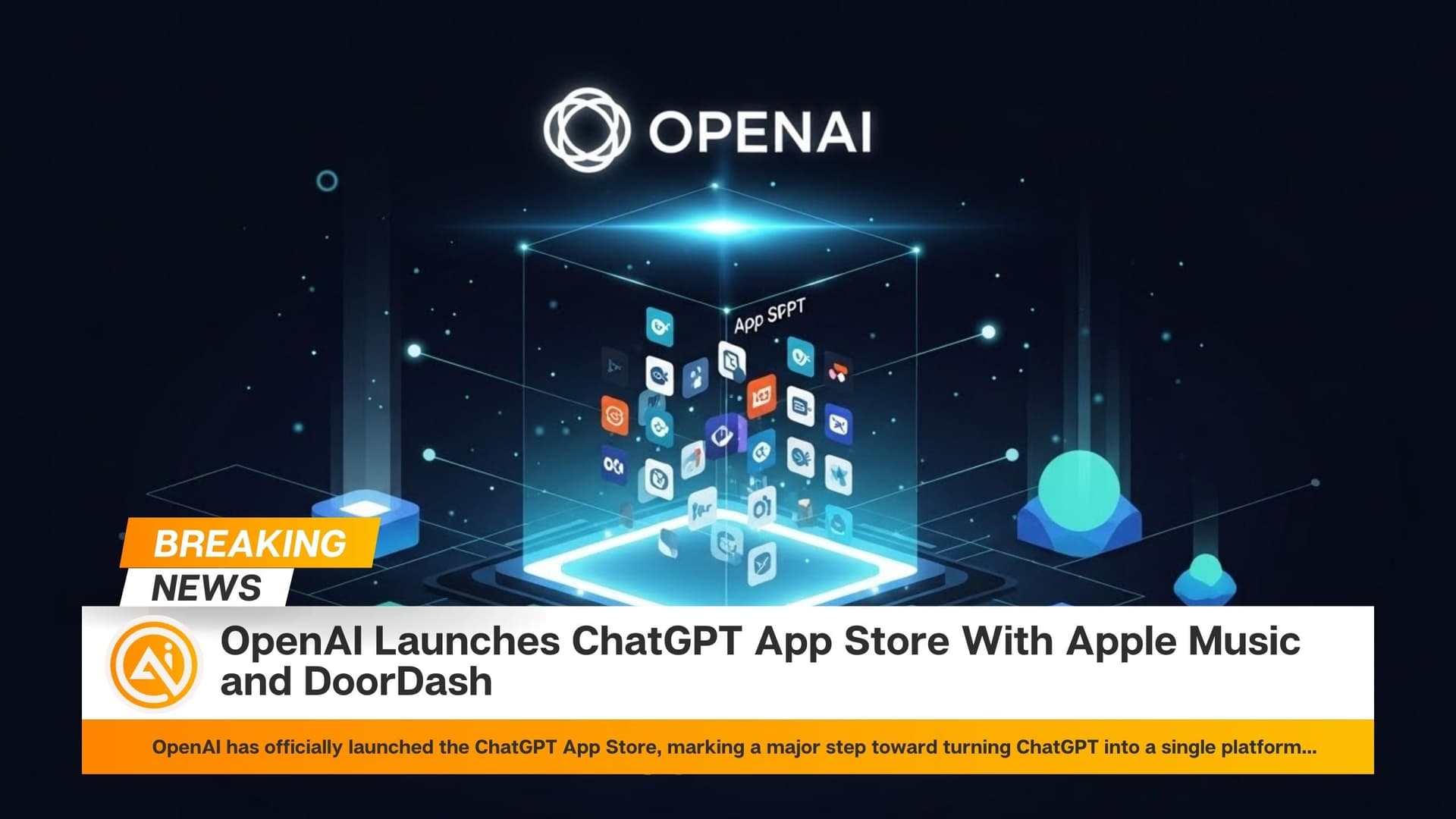Google has launched the Agent2Agent (A2A) protocol at Cloud Next 2025, aiming to standardise communication between AI agents developed by different vendors. This open protocol enables agents to interact and cooperate securely in real time, overcoming the common challenge of siloed operations where agents cannot coordinate effectively. A2A complements the Model Context Protocol (MCP) by Anthropic, which connects agents to tools, while A2A focuses on linking agents to each other. Within the A2A framework, agents function as either client or remote agents depending on the interaction, facilitating smooth task initiation and execution through a defined message format and workflow.
The initiative has gained strong industry backing, with contributions from over 50 technology firms including Salesforce, SAP, Workday, Intuit, and MongoDB, alongside support from consulting giants like Deloitte, PwC, McKinsey, and Accenture. Google’s move is expected to simplify AI workflows, reduce integration complexity, and enable more cohesive multi-agent systems.
In alignment with these goals, HyperCycle is advancing its own solution through the Node Factory framework, designed to support scalable, decentralised AI agent ecosystems. By using self-replicating nodes and a creative licensing model, HyperCycle promotes cross-platform interoperability, allowing agents from various developers to work together seamlessly. Each node can handle different tasks, from communication to data analysis, while the peer-to-peer network structure ensures efficient data sharing and coordination.
HyperCycle’s Layer 0++ blockchain infrastructure further enhances security and speed for these interactions, supporting the interoperability vision shared with Google’s A2A. This system also bridges to major blockchains like Ethereum and Bitcoin, boosting transaction efficiency for decentralised payments, DeFi, and swarm AI use cases.
According to HyperCycle CEO Toufi Saliba, Google’s A2A represents a major step toward realising fully interoperable AI ecosystems, aligning closely with HyperCycle’s mission of fostering scalable collaboration between AI agents. Both initiatives aim to unlock a future where agents from different platforms can easily cooperate, enhancing problem-solving capabilities across industries.
